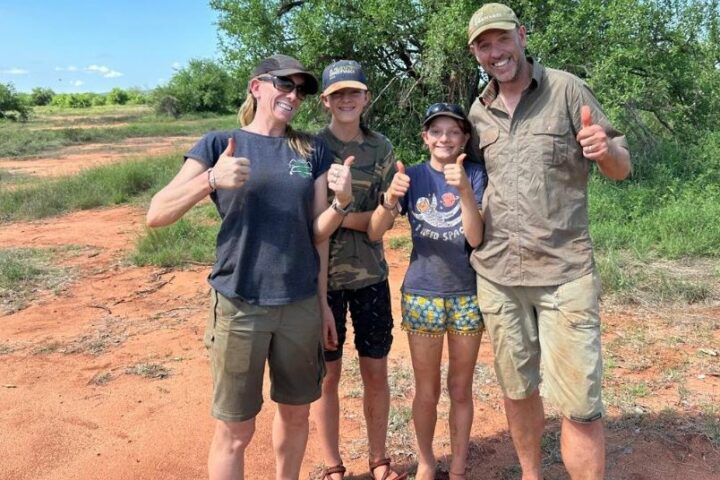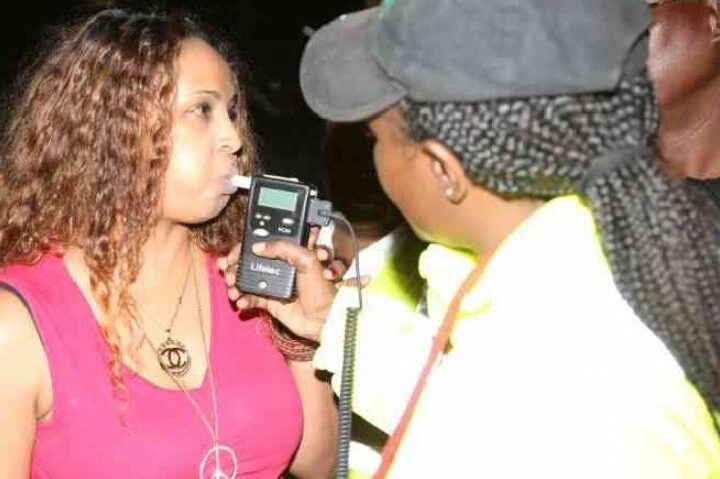 Emmy Kosgei spoke to the Nairobian about her remarkable musical journey, marriage to Nigerian pastor -Apostle Anselm Madubuko, and how she initially wanted to become an air hostess.
Emmy Kosgei spoke to the Nairobian about her remarkable musical journey, marriage to Nigerian pastor -Apostle Anselm Madubuko, and how she initially wanted to become an air hostess.
At what point did you know that you would be a gospel musician?
I never imagined I would be a musician despite having been brought up in church. As a pastor’s daughter, it was not unusual to sing in church. It was just a way of worshipping God.
You started off as a Maximum Melodies singer. How did that happen?
I joined the group when I was a student at Utalii College, where I was pursuing a course in hospitality. I always dreamt of being an air hostess.
However, my path changed when I met Esther Wahome and became her backup singer. She encouraged me to record, but I refused at first. I was very scared. She kept on encouraging and pushing me, even threatening to end our friendship at one point!
Why were you hesitant?
In my mind, I thought that recording music was the preserve of certain people. I could not see how Emmy Kosgei, a normal village girl from Mogotio, could record a song and make a professional career out of it.
There were very many celebrities. Esther encouraged me to sing in Kalenjin. She said that with my looks (I was a model then) and voice, I would be successful if I ventured into Kalenjin music. However, the media was not ready to play my music. I faced obstacles and discouragement from the media.
Why do you say so?
When I finished recording ‘Katau Banda,’ I called one radio personality and asked if they could play my music.
He bluntly told me they could not play any vernacular music. He said that he thought Kalenjins were only good at athletics and wondered why I was singing. I asked him to listen to my music before making a judgment, but he refused. From that day, I decided never to approach the media to play my songs.
How did you get your breakthrough?
I had just recorded my song ‘Kaswech’ before the elections. I was not doing it for the elections, but the media stations played it. They even requested me to translate it. That is how my name and music got into the main market.
I did not get into music for the money. In fact, during the first few years, I had a day job. I worked for Engen Oil’s food chains as a cashier and for a Catholic NGO called Monastery Fathers. I later resigned to pursue my passion.
Were your parents supportive?
My father may have been a bishop, but they were very liberal. They did not force religion on us. They were happy when I chose to praise God through music. They were my number one fans.
How was it like growing up with a disabled father?
We did not even notice that he was disabled because he did not give us a reason to. In fact, we always wondered why other children did not have a father like ours.
Politicians love your music. How were you chosen to perform at the promulgation of the Constitution and inauguration of President Uhuru?
I was never that connected. I just got a call from State House in 2010. It was like a dream. Watching everyone dancing and screaming to my music was encouraging. Lucy Kibaki was dancing to my music.
We were then invited to the State House garden party, where Kibaki encouraged me to sell my CDs at the dais. From that day, my career rose to a new level. I started getting phone calls from embassies and other state function. It’s been a blessed journey.
You also run a children home hosting over 70 kids. How did you start this?
I met them while shooting ‘Kaswech.’ They were not going to school, neither were they being fed a proper diet.
I vowed to help them. One day, while I was watching the video with the outgoing Kenya Airways CEO, Titus Naikuni, he asked me about them and offered to sponsor. I approached the community and I was given the blessings. These children are the reason my career has come this far. They motivate me. Currently, my mother is taking care of them while I’m away in Nigeria.
Speaking of Nigeria, how is married life and how do you relate with your step-children?
I’m really enjoying my marriage. My husband is the best thing that ever happened to me. As for my step-children, we get along very well. They are mature and open-minded, especially since they grew up abroad.






